Description
Apollo and Daphne by Jean-Etienne Liotard printed on a T-Shirt
About the T-Shirt
Regular fit
Standard length, the fabric easily gives into movement
Casual wear
A classic, everyday option loved by our customers
Side-seamed
Constructed by sewing two parts together, creating a fitted look
The Unisex Staple T-Shirt feels soft and light with just the right amount of stretch. It’s comfortable and flattering for all. We can’t compliment this shirt enough–it’s one of our crowd favorites, and it’s sure to be your next favorite too!
- Solid colors are 100% Airlume combed and ring-spun cotton
- Ash color is 99% combed and ring-spun cotton, 1% polyester
- Heather colors are 52% combed and ring-spun cotton, 48% polyester
- Athletic and Black Heather are 90% combed and ring-spun cotton, 10% polyester
- Heather Prism colors are 99% combed and ring-spun cotton, 1% polyester
- Fabric weight: 4.2 oz./yd.² (142 g/m²)
- Pre-shrunk fabric
- 30 singles
- Side-seamed construction
- Tear-away label
- Shoulder-to-shoulder taping
- Blank product sourced from Nicaragua, Mexico, Honduras, or the US
Jean-Etienne Liotard (1702-1789)
Jean-Étienne Liotard was a Swiss painter, art connoisseur and dealer. He is best known for his portraits in pastel, and for the works from his trip to Turkey. A Huguenot of French origin and citizen of the Republic of Geneva, he was born and died in Geneva, but spent most of his career in stays in the capitals of Europe, where his portraits were much in demand. He worked in Rome, Istanbul, Paris, Vienna, London and other cities.
Liotard was an artist of great versatility. Best known for his graceful and delicate pastel drawings, he also achieved distinction for his enamels, copperplate engravings, and glass painting. Additionally, he wrote a Treatise on the Art of Painting and was an expert collector of paintings by the old masters.
One outstanding feature of Liotard’s paintings is the prevalence of smiling subjects. Generally, portrait subjects of the time adopted a more serious tone. This levity was a reflection of the Enlightenment-era philosophies that inspired Liotard. Also indicative of the era, Liotard created works celebrating science, like the painting of woman paying homage to the doctor that saved her.

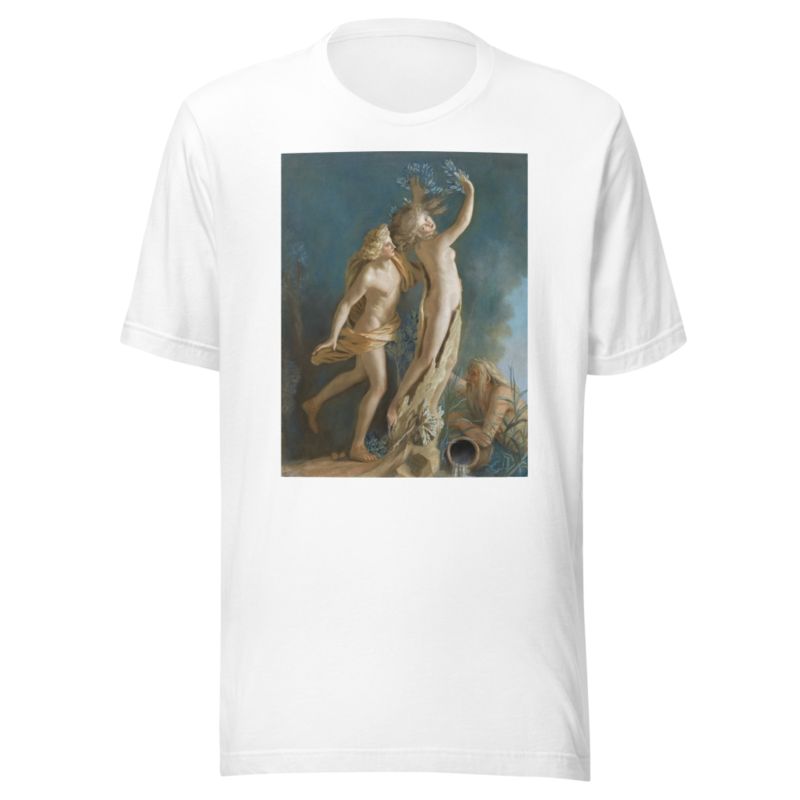
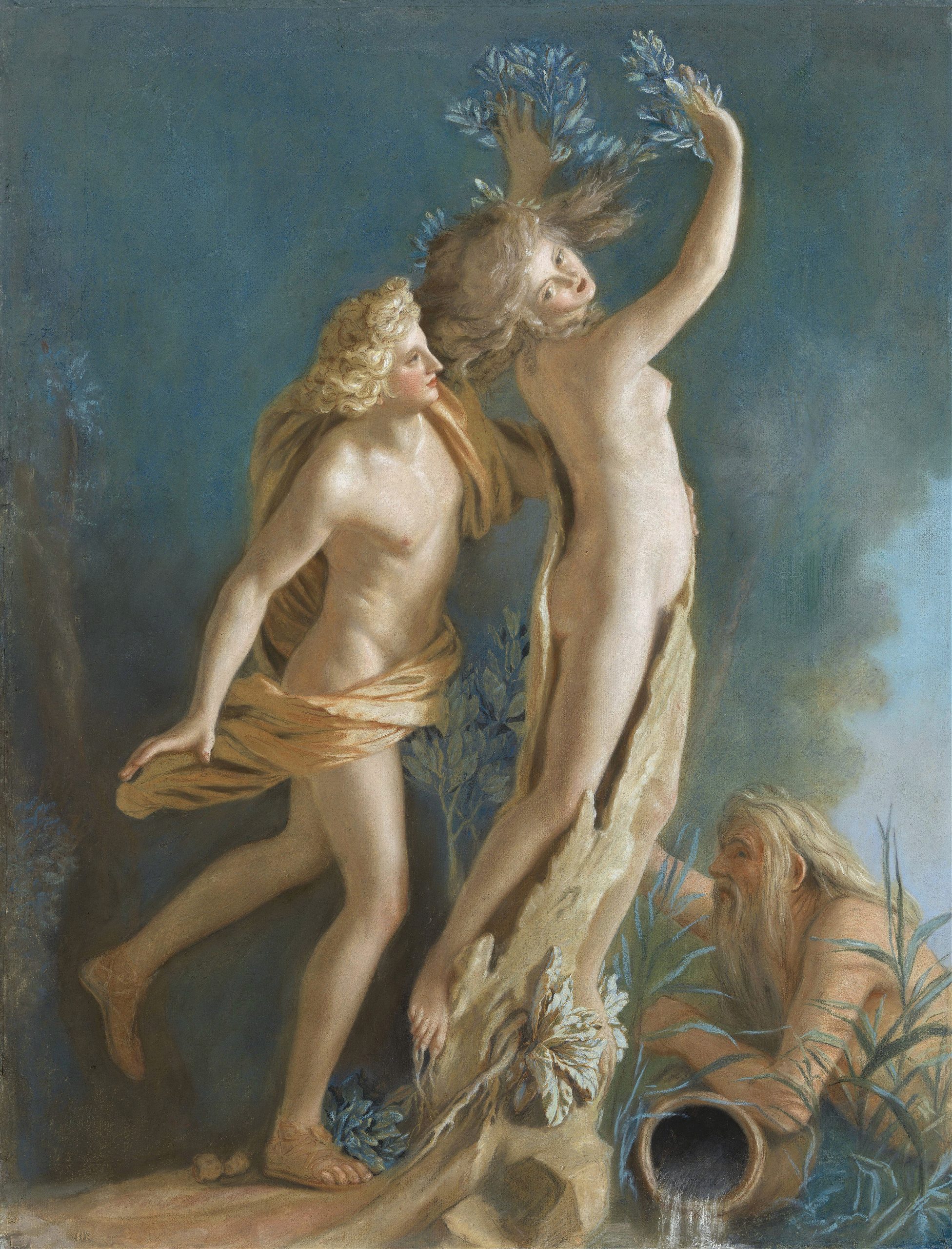
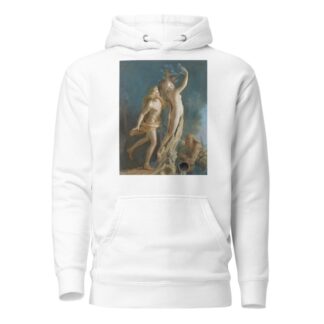
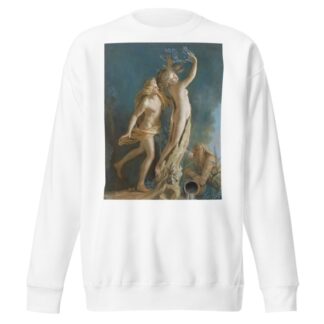
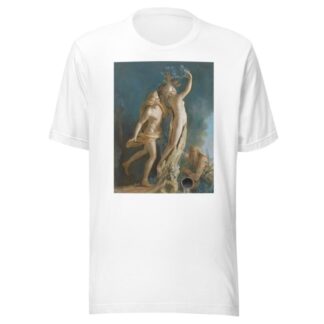
Reviews
There are no reviews yet.